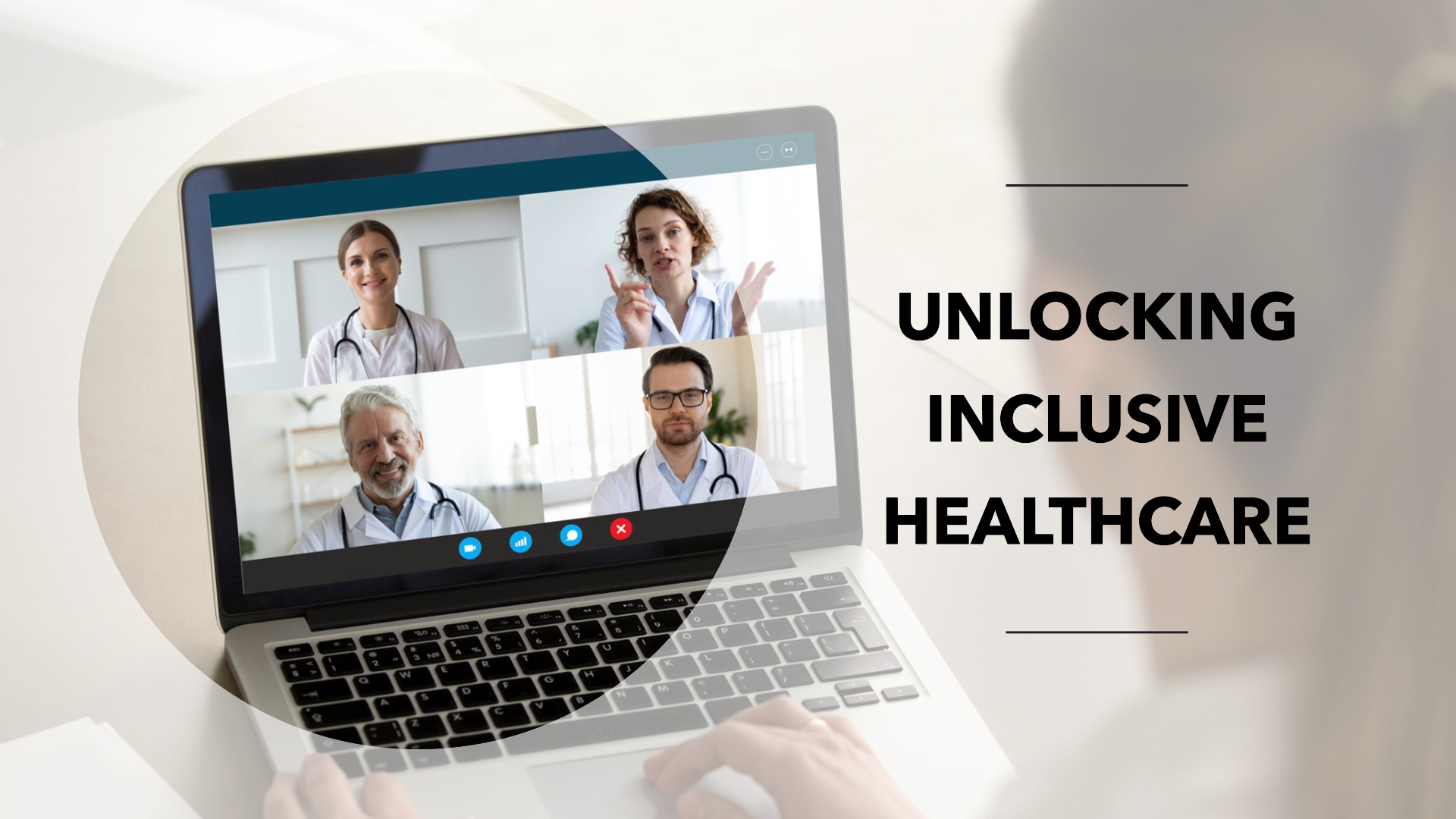This is the last in a series of five Healthcare Big Data blogs and its impact written by John Morton about Big Data for Digital Salutem. The first is Big Data: Challenge, or Opportunity for Healthcare? , the second Big Data: Healthcare Prevention,the third Big Data: Healthcare Diagnosis and the fourth Big Data: Healthcare Treatment
The promise of all of this information is that it can help advise clinicians by providing a holistic view of you, your wellness, your health and the social and cultural values that can influence the care that you should be provided.
For many of us that care ends when a doctor says that we are now well. There are an ever-increasing number of people where that care doesn’t end. From early age and young adult hood conditions will stay with you for the rest of your life.
My own son from birth has had 23 years worth of attention from the 13 specialists allocated to him and the numerous operations and interventions. Throughout this time I have seen the reliance on us as parents to provide additional information and insight “untrusted as it may be” which influenced decisions or highlighted the need to delay and or accelerate a specific course of treatment.
Big Data has been used to predict which patients are most likely to follow their doctor’s advice — and which aren’t. This prevents hospital readmission in the most vulnerable patients.
Big Data has been used to assess the effectiveness of treatments to then develop standard methods and promote those methods.
In the previous blogs we looked at treatment and that Applications that track when a patient takes his or her medication — like GPS enabled inhalers for asthmatics. Others record information about physical location, movement and sleep patterns that can help alert patient, doctors or family members if the patient is likely feeling unwell (poor sleep, lack of movement). The Self Care People have gone one step further looking at stress , hypertension and heart attack and using information to help patients manage their condition. They are also working with leading universities to create clinical algorithms to predict the likelihood of attacks.
Japan since the 2010’s have been investigating robots being used to assist the elderly in home care settings. Their rapidly aging population combined with longer illness cycles requires a proactive monitoring capability.
Here the robots can be used for monitoring elderly patients who live alone, to helping doctors provide care from a distance to rural patients. Even robotic pets that can help calm and soothe dementia and Alzheimer’s patients.
For some governments these technologies combined with data analysis and deep data learning algorithms have to be the way forward. For Island based communities like Scotland, Philippines that cannot afford to have medical expertise on every island the provision of quality accurate and timely diagnosis and continuous care monitoring has a positive impact on digital health provision.
They key inhibitor is having reliable infrastructure, standard data models and data analysis and showing the value of the technology to let clinicians do what they do best – care for people.
This is the forth of five blogs on Healthcare Big Data and its impact. The remaining will consider big data for:
1. Big Data: Challenge, or Opportunity for Healthcare?
2. Big Data: Healthcare Prevention
3. Big Data: Healthcare Diagnosis
4. Big Data: Healthcare Treatment
5. Big Data: Healthcare Awareness
John Morton is a Big Data Advisor having with experience across the whole data value chain, business intelligence and analytics in a number of industries including clinical, healthcare informatics and Pharma. John’s has been fundamental in creating new medical IT solutions and medical devices for clinical environments; enabling the digital hospital; a physician on my shoulder; as well as the challenges and impact of technology within clinical environments.






